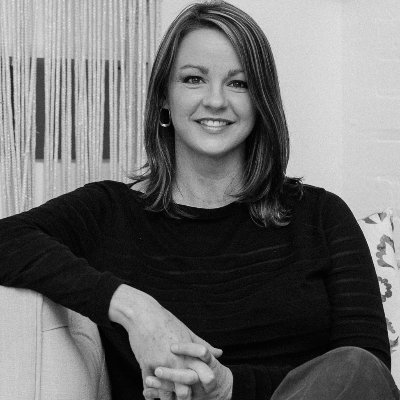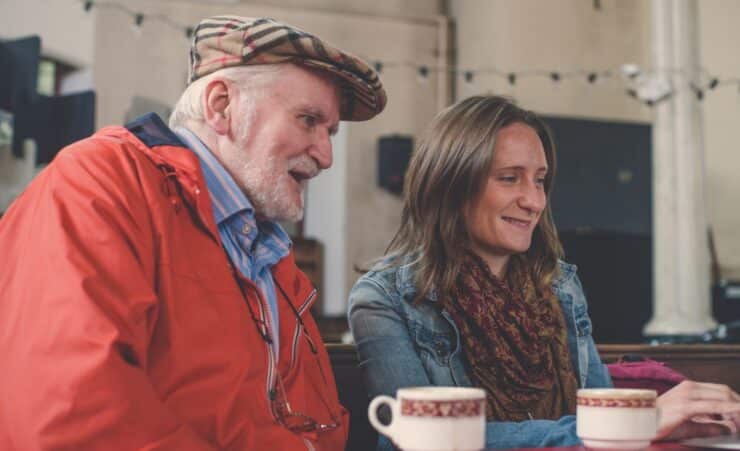
Four ways now can be a moment for transformational learning
Learning from the Evaluation Roundtable December 2020 convening.
We tackled this head-on at the Evaluation Roundtable convening in December 2020 – a space for learning staff in trusts and foundations to reflect on the design, development and use of different approaches to evaluation and learning, drawing out implications for practice in their organisations and networks.
Four ideas surfaced about how to make now a moment for transformational learning:
1. Build a clear line of sight
Shared organisational purposes and values, that are rigorously worked through into day-to-day practice, provide ‘the foundation for agile action – there are no disconnects’. This organisational alignment creates a pathway for action ‘when need is huge, and the options are endless’. For learning staff, it ‘enables us to actively embrace uncertainty. To accept the limitations on what we can know – and act anyway’. So that you’re always learning towards something specific, and your system is sufficiently aligned so you have, in effect, some guardrails and parameters for action.
2. Retain a sense of urgency and collective effort
What happens to partnership working, or working collaboratively, under the context of extreme pressure? The answer is that all the junk that usually gets in the way – like ego and territory – disappears, because the work becomes the thing that matters most. The idea that we have to make something happen stays front of mind.
3. Make thinking visible
If we think out loud with each other – if we ‘make our thinking visible’ – it provides an opportunity for people to offer alternative perspectives or identify the powerful questions we should be asking that would enable action. It stops us getting caught in the paralysis of constantly trying to get it perfect or right. In a crisis, in uncertainty, what matters is: are we focused on the right thing, given our position in the ecosystem? And does what we are asking enable us to act?
4. Return learning to the system
We need to be looking hard at the mechanisms that are set up in our institutions to enable learning – both formal and informal – to flow back to the system, so that it’s not stuck in one head and everybody can benefit. One of the key questions is how much freedom the system enables people to have. How much agency are they given to experiment with solutions that work in their own contexts? More specifically, to what extent do the constraints built into the system – for example, your reporting arrangements for grantees, or how staff are expected to perform, or the structure of board meetings – get in the way of that?
Read more about these four ideas in our short report Learning in uncertainty, or join our Community of Practice for learning staff in UK trusts and foundations.


